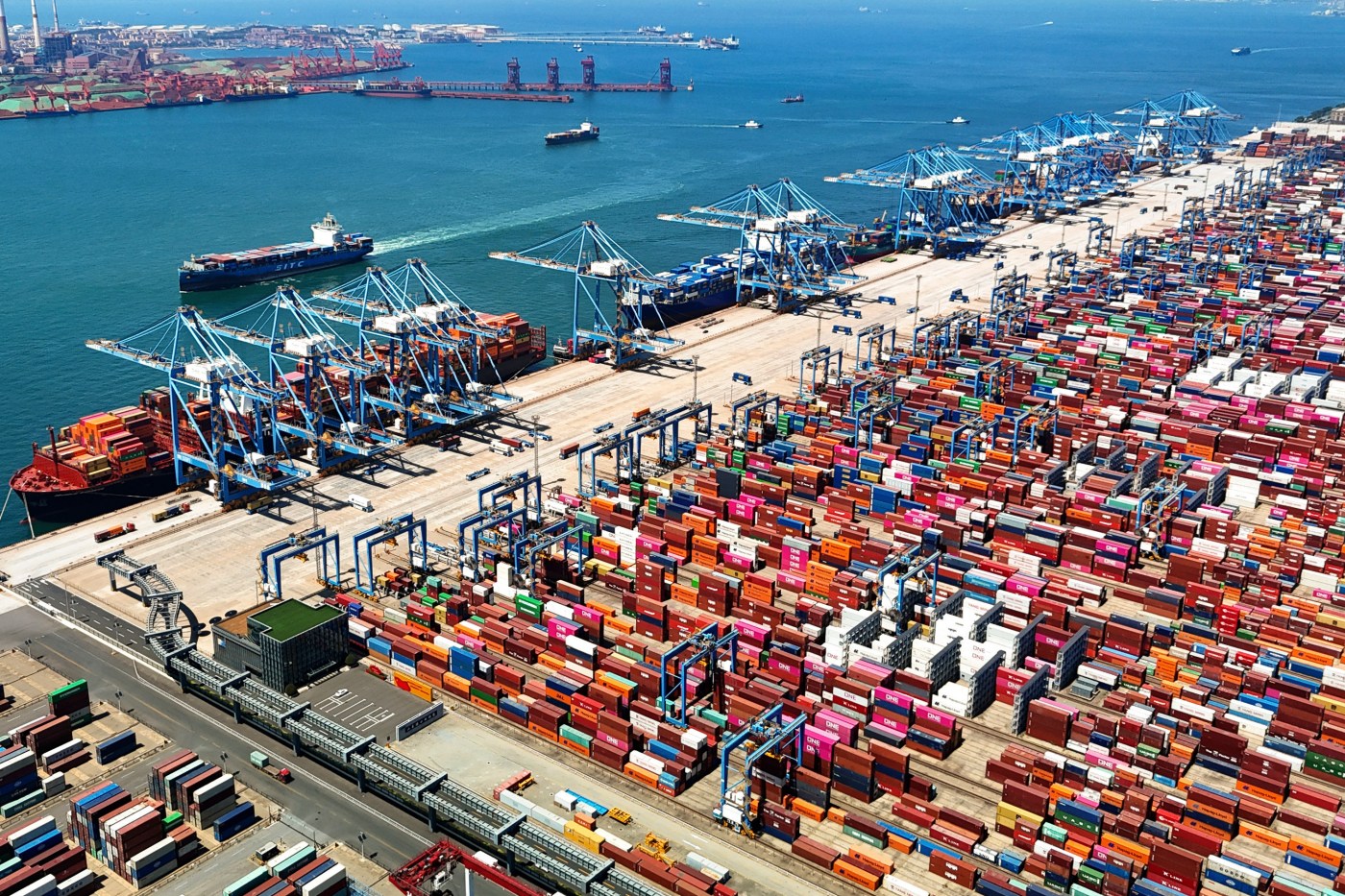China has firmly stated its position against the proposed 100% tariffs threatened by U.S. President Donald Trump. The Chinese government is urging the United States to resolve trade differences through dialogue rather than escalating tensions with threats. This response marks China’s first official comment following Trump’s announcement of potential tariffs set to take effect on November 1, in retaliation for new Chinese restrictions on the export of rare earth minerals, which are essential for various consumer and military technologies.
The U.S. Vice President JD Vance defended Trump’s tariff stance, cautioning China against aggressive responses. “China’s stance is consistent,” the U.S. Commerce Ministry stated in an online post. “We do not want a tariff war, but we are not afraid of one.” This statement reflects China’s resolve as trade tensions threaten to disrupt a potential meeting between Trump and Chinese leader Xi Jinping.
In his comments, Vance emphasized that Trump is committed to safeguarding American economic interests, asserting that China’s significant control over critical supplies represents a national emergency for the United States. He stated, “It’s going to be a delicate dance, and a lot of it is going to depend on how the Chinese respond.” Vance expressed hope that China would choose negotiation over confrontation, noting that Trump is “always willing to be a reasonable negotiator.”
Since taking office in January, Trump has raised tariffs on imports from several countries, with China remaining one of the few nations that has not yielded to pressure. The Commerce Ministry criticized the ongoing threat of high tariffs, urging the U.S. to engage in constructive dialogue to address any trade concerns. “If the U.S. side obstinately insists on its practice, China will be sure to resolutely take corresponding measures to safeguard its legitimate rights and interests,” the ministry warned.
Trump’s tariff threats extend beyond the proposed import duties. He has also indicated plans to impose export controls on what he describes as “critical software,” although he has not provided specific details on this initiative. Both nations accuse each other of undermining the spirit of their trade truce by implementing new trade restrictions.
In a recent post, Trump characterized China as “becoming very hostile” and claimed that it is holding the world hostage through its control over rare earth metals and magnets. In response, the Chinese government noted that the U.S. has recently expanded its export controls to include more Chinese companies, further complicating trade relations.
The Commerce Ministry highlighted that export licenses for rare earth minerals would still be available for legitimate civilian purposes, acknowledging their military applications as well. New regulations require foreign companies to obtain Chinese government approval to export products containing rare earths sourced from China, regardless of the manufacturing location. China is responsible for nearly 70% of global rare earth mining and controls about 90% of processing activities.
Access to these critical minerals is a significant point of contention in ongoing trade discussions, affecting not only American manufacturers but also European and other international companies. The Commerce Ministry also criticized the U.S. for moving ahead with new port fees on Chinese vessels, which are set to take effect soon. In retaliation, China announced it would impose similar fees on American ships.
As both nations navigate this complex trade landscape, the potential for a resolution or further escalation remains uncertain. The coming weeks will be crucial in determining whether dialogue can prevail over confrontation, and whether the trade war will continue to intensify.
